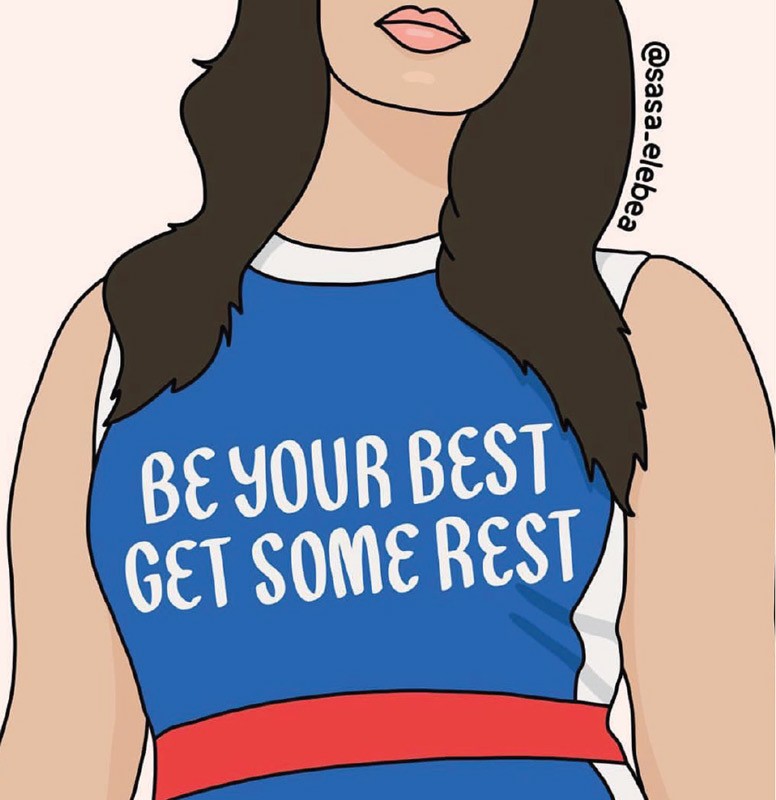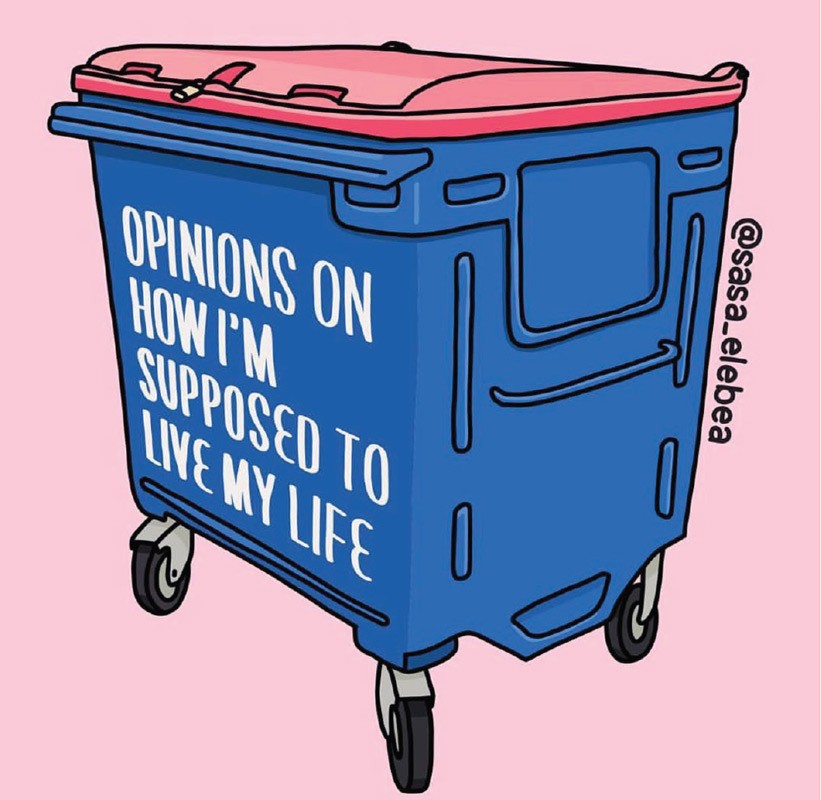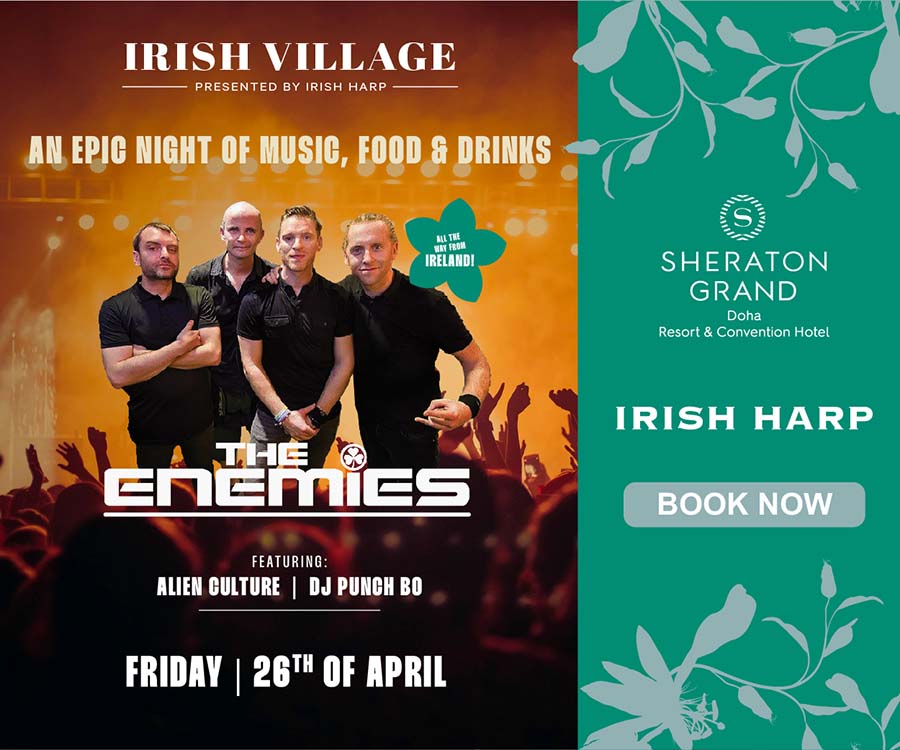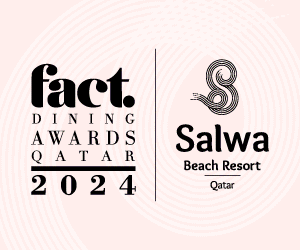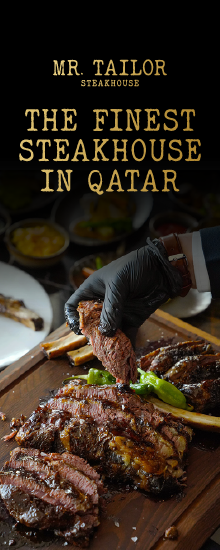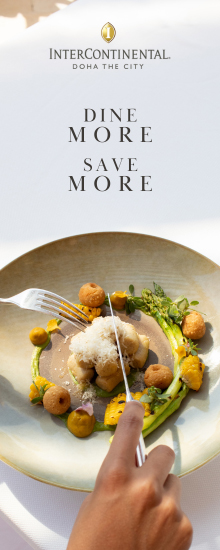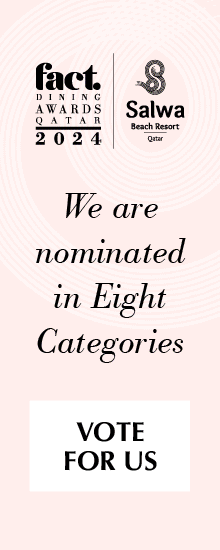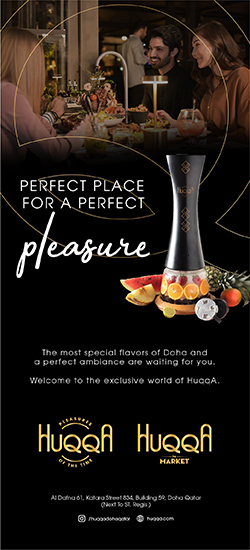BURNED OUT
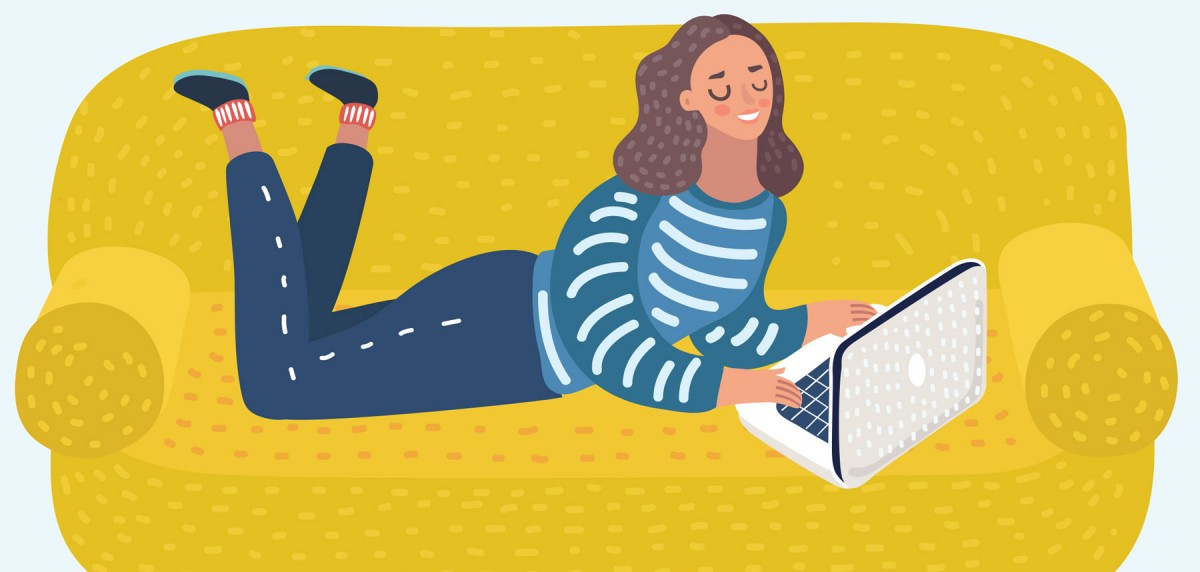
IS THIS THE YEAR OF JOMO?
What brings you inner peace? Are you REALLY happy? These seem to be the questions of the moment. In 2019, we’re being encouraged to declutter and get back to basics, but is this even possible for a generation that is driven by motivational speakers, busy calendars and 24/7 digital connections? FACT’s Shabana Adam digs deeper…
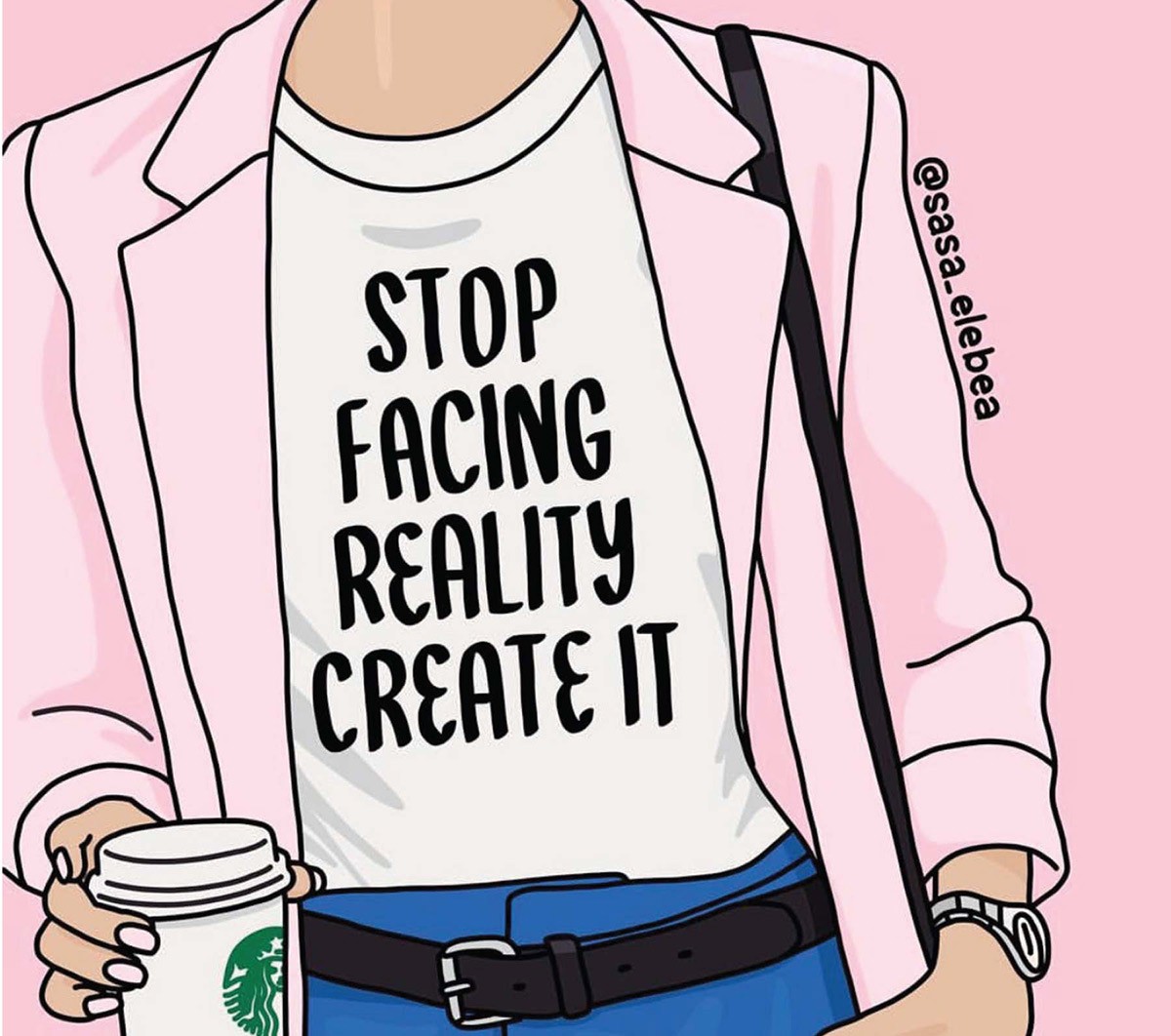
Joy. A small three-letter word. It’s been weighing heavy on my mind for a while now. It also seems to be creeping into every conversation these days. Fact: it’s becoming harder to avoid the current angst surrounding the “do what makes you happy” wave of inspirational memes and quotes that fill up our social feeds every day. The buzzword of the moment, “joy” has a direct link to the one pursuit we’re all secretly – or not so secretly – going on: “how can I fix my life?” – followed by a trail of thoughts that involve decluttering socially, professionally, emotionally and existentially. In other words, remove those things that don’t spark joy in your life and you’re good to go. Sounds pretty simple, right? Wrong. And I don’t think you’ll be surprised to ready why.
In his book, The Joy of Missing Out (JOMO) – philosopher and psychologist Svend Brinkmann, who coined the term JOMO in response to the popular hashtag #FOMO (Fear of Missing Out), talks about the forceful pressures of living in modern day society. The idea that you always need to be doing more: going out more, being invited to more events, getting involved in more activities, acquiring more possessions, and overall just being more. In a world of TED Talks and life coaches, social media influencers and creative advertising, these growing burdens have become an extension of our own minds. “We are constantly invited to do something, think something, experience something, buy something… it is sometimes difficult to distinguish what is important from what is not,” Brinkmann writes.
In the Gulf, especially, life clutter builds up when we fill our calendars with social events that we don’t really want to go, too many sale items that take up unnecessary space in our closets, toxic relationships with negative thoughts and feelings, or work tasks that we say yes to when they’re not actually our responsibility (you know where I’m going with this). You see, the idea of decluttering to feel joy could indeed lead us to freedom and contentment – at least, this is what Brinkmann is proposing. But all of this comes from being able to say another very important word – no.
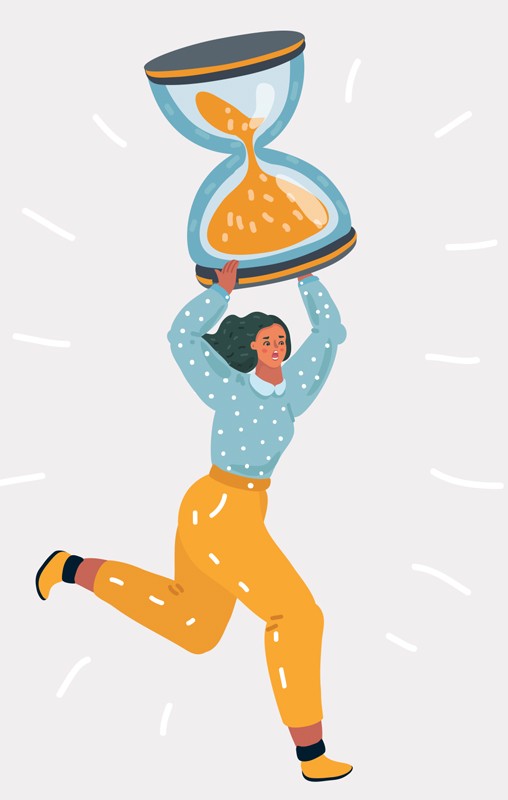
YOU CAN DO IT: SAYING NO
After reading his book, I felt a sense of validation for something that doesn’t actually require society’s permission: the ability to say “no”. No, I don’t want to go for dinner with you on Friday night, I’d rather sink into my rarely-used couch and read a book. No, that party sounds too rowdy for me, let’s see each other
another day for a more intimate coffee or lunch, and, for the sake of my tired eyes and sanity: no, I can’t make it to your last-minute event even if there’s free food and a gift bag because, honestly, I just don’t care enough to dress to impress on a Tuesday night after a 12-hour work day. Sound familiar? Brinkmann’s book has taught me something that a lot of us have forgotten, or pushed to the side because it might be considered “rude” or “too honest” – that is, if you don’t want to do it, JUST SAY NO.
It seems like the most logical response to any feelings of being overwhelmed, overworked, and overstressed. Saying no means you’re actually putting yourself first. Giving yourself time to take a break from all the disorder of the world that is made up of insta-stories or online shopping, or simply, too many uninteresting, meaningless conversations. Surely, it sounds like a mantra that should be ingrained into human nature, so why is the idea of JOMO and in particular the act of saying “no” such a difficult concept to grasp?
You might struggle to say no in various situations for a number of reasons – the underlying fear that people will think you’re lazy or not trying hard enough, that saying “no” will make you unlikeable so, instead, we form a compulsive pattern of “yes” to erase self-doubt and to keep those around us happy. Subconsciously, this is the lifestyle many of us live here in the Gulf and, in my opinion, saying “no” is one of the realest forms of holding onto the genuine in a society that’s filled with privileges, convenience and, sometimes, tunnel vision, where it’s easy to lose yourself.
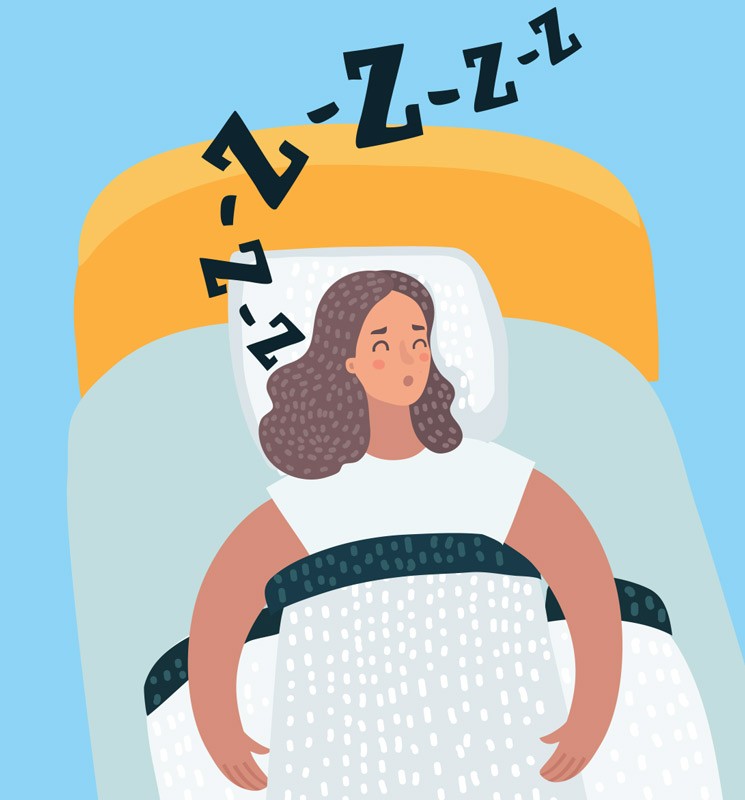
TAKE NOTE: SELF CARE
How much longer can we really continue to live at the pace we’re living at? Feelings of living detached, unsustainable lives have become prevalent in the region. A number of scattered data reveals that anxiety and depression is rife in this part of the world, according to a 2018 article on Al-Fanar Media: “A 2009 study screened 1,552 adolescents in Saudi Arabia and found the most common mental-health problem was anxiety. A 2005 study concluded that 16 percent of Lebanese adolescents had suicidal thoughts.” According to other global studies, the Middle Eastern region suffers from the highest rates of depression, anxiety disorders, PTSD (Post Traumatic Stress Disorder), and suicide. It’s challenging to find any accurate and reliable data that monitors growth, decline, overall progression, patterns and possible triggers about mental health in the region, but many issues have been talked about before: stigmatisation, lack of physical activity, work pressures, environmental factors, biological causes – all of which are mirrored in most parts of the world amongst youth and young professionals.
Therefore, it’s so important, now more than ever, to take care of your inner and outer well-being – with equal attention. “Overwhelmed is pretty much my middle name,” says Amal Absiye, a full-time English teacher living and working in the Gulf. “I often feel as though I’m swimming both at work and home. My job requires a lot of my time. My days are often long and exhausting ones. As a teacher, I’m sure many can relate when I say that I often feel as though I’m losing ground every day and I’m forever trying to make it up the next day. It’s a never-ending cycle,” she continues.
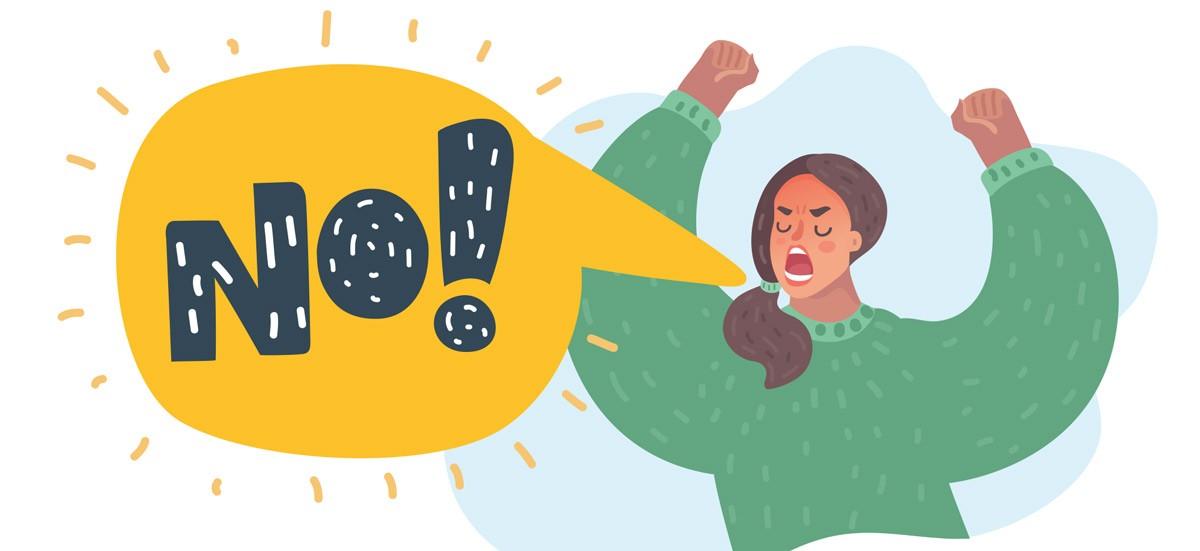
“I don’t have the kind of job where I clock in and clock out each day. My work follows me home and so much of my intended me-time turns into having to invest extra time into my work.”
So, how does she cope with creating a work-life balance? “Ever since I started eating well and going to the gym, I feel as though this has really helped me cope with stress,” Amal shares. “That one hour to 90 minutes I put in, allows me to truly focus on me and almost kind of escape. Exercising regularly has helped with my health (physical and mental), my mood, and my overall productivity at work.”
For Amal, she’s found her “thing” – a hobby, an activity, that one part of her routine that’s purely dedicated to herself. No strings attached, just simple me time. And this is something she has come to understand as a result of many years of juggling life’s clutter. “I feel as though I’ve found that work-life balance that I’ve craved for so long,” she says. “Having felt burnt out for so long, I’ve found that happy medium between work life and personal life. Work never ends, and I’ve learned that what doesn’t get finished today can be completed tomorrow,” she smiles. “This has proven beneficial for not just my physical health, but my mental health too.”
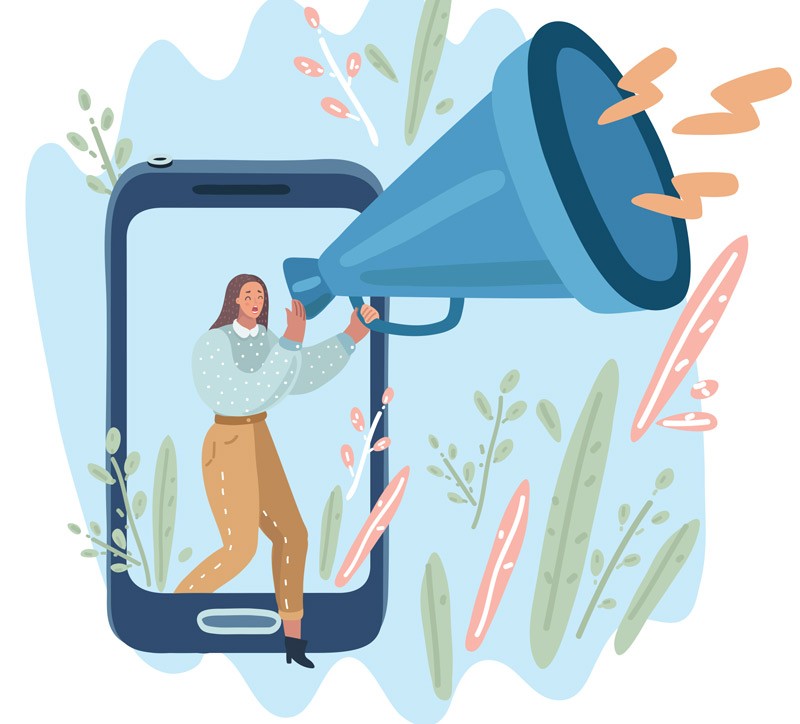
DEVIL IN DISGUISE: SOCIAL MEDIA
Need a virtual talking to, what about some motivation for the gym, or how about your daily dose of lols with memes – there’s an app for it all. A while back, we had a dig at trying to unravel the challenges of a digital detox: what are the signs for when we need a break from the digital world? Whether we like it or not, we are creatures of social media; the Arab Social Media Report 2017 found that 90 per cent of the online population in most Middle East countries use social networking sites, daily.
This might be for personal use to stay in touch with family and friends or for business purposes to build a brand’s reputation, either way it’s clear that we have been well and truly infected with the social media bug. And there’s no rush for a cure anytime soon.
But what happens when all the noise gets a bit too much? Sometimes, there’s nothing more soothing than reading a motivational post just when you need it. Other times, there’s nothing more therapeutic than unfollowing that person who adds nothing of value to your timeline. Dare I say it – social media has become the number one reason for unwanted clutter in many of our lives. Whether it’s for positive reasons like following your favourite entrepreneur or getting tips from a bona fide mommy blogger, or if you’re stalking your high school lab partner’s other half, whatever the reason may be – a life before hashtags and IGTV and subscribe buttons seems like a million years ago. The key, like most of the things that could lead to joy, is balance.

Juan Jimenez, a Data Analyst living in the Gulf, says: I believe social media is shaping many aspects of our lives; self-care and stress management are perhaps among the main topics. In regard to self-care, I follow people that share tips about gym routines, skin care, healthy eating and fashion,” he continues. “Some of their tips are helpful and easy to add to my daily routine. In terms of stress, yoga and optimising your time when you have a super busy agenda, these are all topics that are usually promoted by “self-made” business people or famous celebrities. Even though this may be a source of motivation, I do believe stress management should be based on realistic lifestyles,” he admits.” Social media is a portal that allows people to portray the life they want the world to see but not the life they actually live. So, I try my best to keep it real,” Juan adds.
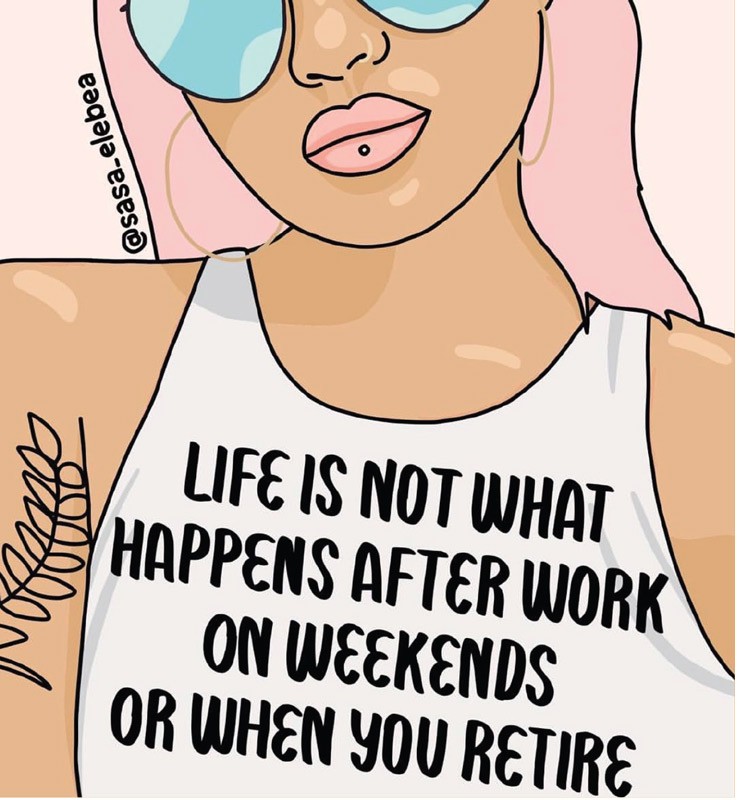
BURNOUT: WHAT TO DO Y3NY?
If you feel yourself going from bright-eyed and bushy-tailed to seriously burnt out, it’s time for a hard look in the mirror. Left unchecked, burnout can wreak havoc on your health, happiness, relationships and job performance. Catch it early and do something about it: say no and stay in, adopt JOMO like it’s your new best friend, self-care like you’ve never done before – spa, gym, therapy, alternative medicine – find YOUR thing, and, most of all, disconnect and recharge those batteries as often as you need to.
For me, admittedly, I do find my joy in JOMO. Or at least being in control of when to say yes and when to say no. But, mostly, I find joy in the places I’m not looking for it: spontaneous hugs from my friend’s beautiful children, laughter in coffee shops with loved ones that I don’t get to see as much as I’d like to, a surprise text from family members announcing a wedding or a birth, or when a really interesting podcast episode helps to get me through an hour’s workout every day. Henri J. Nouwen says: “Joy does not simply happen to us. We have to choose joy and keep choosing it every day.” Seems like something fleeting, you feel it and then it disappears, you aspire it like a solid state of mind but, joy, much like the hashtagged acronym it inspired, is either momentary or an entirely self-made way of life.
To that I say: raise the bar, put joy on a pedestal, be honest and real about what brings you joy and, for the sake of your emotional, physical and mental well-being, please feel free to say NO. ✤







